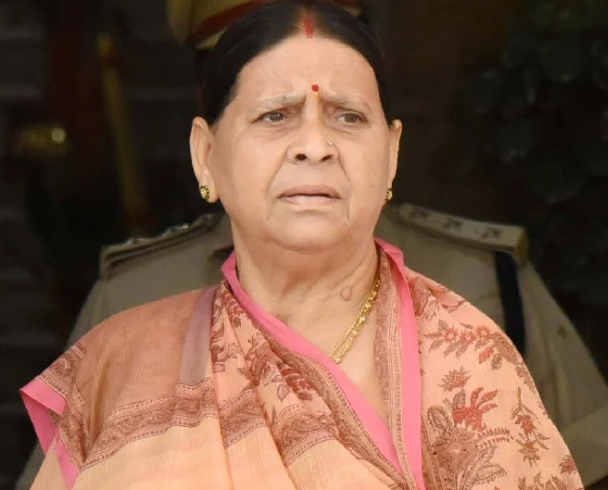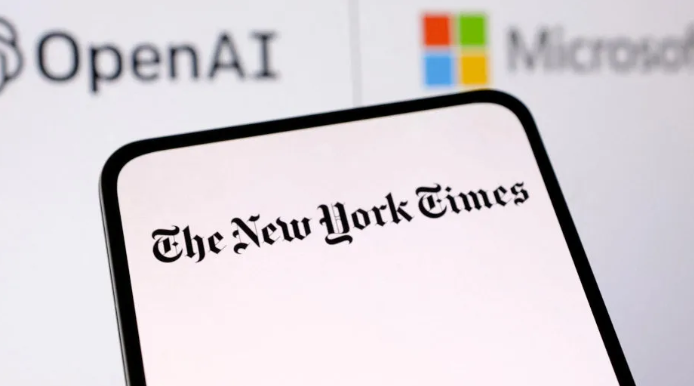
OpenAI Challenges Copyright Lawsuit Over ChatGPT with New York Times
OpenAI Addresses New York Times ‘Hacking’ Allegations in Copyright Lawsuit
In a recent development, OpenAI has made a robust defense against the copyright lawsuit brought forth by the New York Times, alleging that the newspaper engaged in unethical practices to manipulate its chatbot ChatGPT and other artificial intelligence systems, thus generating misleading evidence for the case.
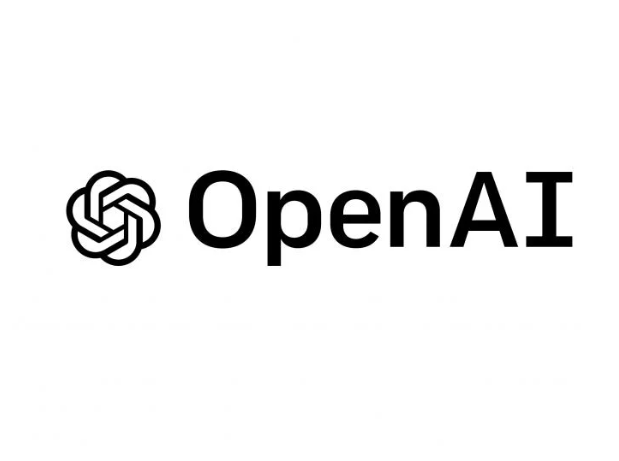
In a filing submitted to the Manhattan federal court on Monday, OpenAI contended that the Times orchestrated the reproduction of its material by employing “deceptive prompts” that flagrantly violated OpenAI’s terms of use. OpenAI vehemently refuted the allegations outlined in the Times’ complaint, asserting that the newspaper resorted to hiring external individuals to tamper with its products, rather than adhering to journalistic integrity.
While OpenAI refrained from disclosing the identity of the individual it referred to as the “hired gun” utilized by the Times for this purpose, it refrained from accusing the newspaper of contravening anti-hacking laws. Representatives from both the New York Times and OpenAI have yet to comment on the recent filing.
The legal skirmish commenced in December when the New York Times, along with its primary financial supporter Microsoft, was sued by the newspaper for purportedly utilizing millions of its articles without authorization to train chatbots. This lawsuit is one among several brought forth by copyright owners against tech giants alleging the unauthorized use of their work in AI training, a trend observed across various creative domains including literature, visual arts, and music.
Tech companies, including OpenAI, have staunchly defended their practices, contending that their AI systems appropriately leverage copyrighted material within the bounds of fair use. They assert that these lawsuits pose a significant threat to the burgeoning AI industry, potentially impeding its multitrillion-dollar growth potential.
As the legal battle ensues, courts have yet to definitively rule on the pivotal question of whether AI training qualifies as fair use under copyright law. Some infringement claims against AI-generated content have been dismissed by judges due to a lack of evidence demonstrating significant resemblance to copyrighted works.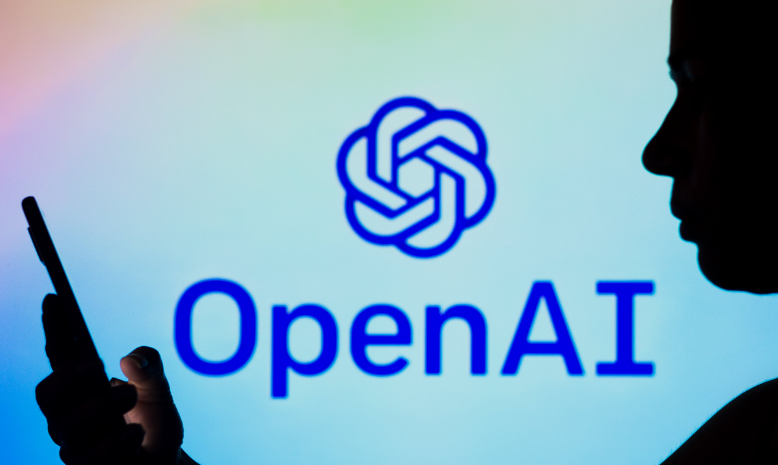
The New York Times‘ complaint specifically cited instances wherein OpenAI and Microsoft chatbots provided users with near-verbatim excerpts of its articles upon request. The newspaper accused both entities of exploiting its extensive journalistic investment to create a surrogate for its content, effectively circumventing the need for readership engagement with the original source.
OpenAI, in its response, emphasized the considerable effort required by the Times to generate such anomalous results, highlighting that ChatGPT cannot readily serve up Times articles at will under normal circumstances.
Furthermore, OpenAI underscored its confidence in prevailing against the allegations, emphasizing the inevitability of victory for AI companies grappling with the fair-use dilemma. It argued that AI models inherently acquire knowledge about factual information, akin to any news organization’s ability to report stories independently.
In conclusion, OpenAI’s assertive rebuttal underscores the complexity and contentious nature of the evolving legal landscape surrounding AI and copyright law. As the case unfolds, it will undoubtedly shape the trajectory of AI development and its relationship with copyrighted content in the years to come.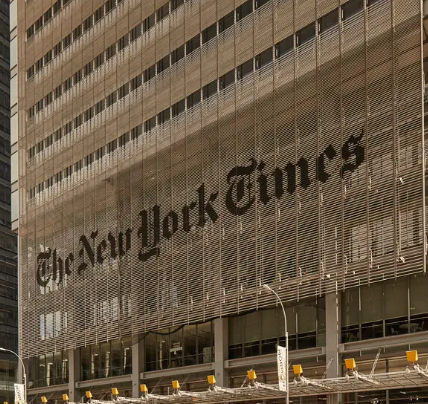
As the legal proceedings progress, it remains steadfast in its commitment to upholding ethical standards and safeguarding the integrity of its AI technologies. The company’s proactive stance underscores its dedication to fostering transparency and accountability within the rapidly evolving landscape of artificial intelligence.
Amidst the legal complexities, it continues to champion the principles of fair use and innovation, advocating for a balanced approach that accommodates the interests of both content creators and technological innovators. By engaging in rigorous legal discourse and presenting compelling arguments, it seeks to establish a precedent that will shape the future of AI development and copyright law.
For the latest updates-click here.


